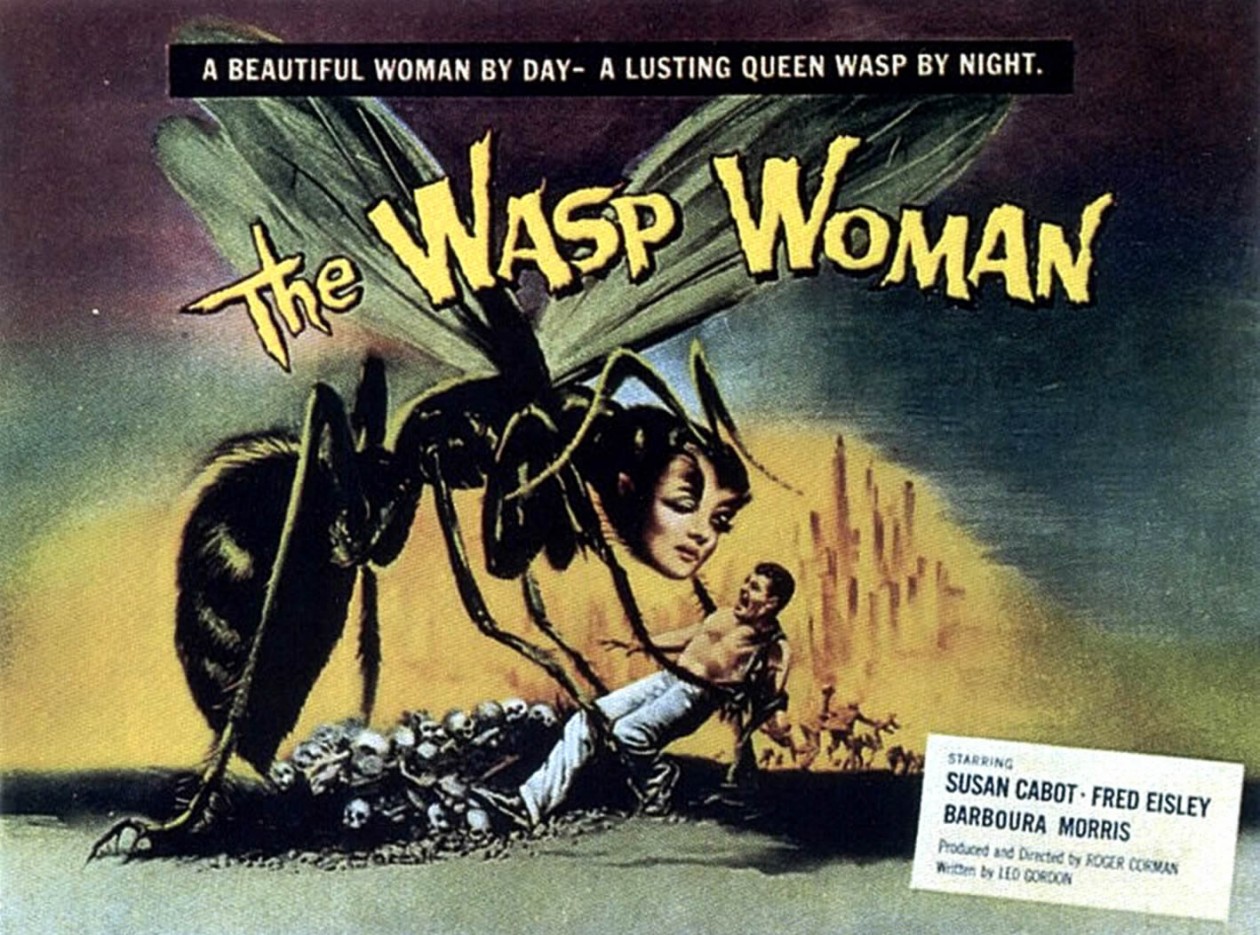Today I was thinking more about our discussion of whether or not noir films or their themes are feminist. I think it’s a really complicated issue and argument, because on the one hand, some of our authors (Gledhill, Place) have pointed out that in this genre/movement, female characters are not confined in ways they usually are in other genres. Their sexual excess, and thus their deception/destructive possibility grants them more power and agency in the roles they occupy.
In the two movies we’ve watched so far, both of the women are able to provide for themselves or their family because of their ability to capitalize on their sexuality, which seems to be their only marketable skill and avenue for success. Then again, the endings of both of the films, while ambiguous, both seem to negate their previous status and actions and bring them back under the definition of an “acceptable” woman figure.
In Klute, Bree seemed to have been taking care of herself before Klute came around. She mentions in one scene that a year ago she was living a life of luxury when she was in “the business” full-time. She was able to provide materially for herself, even if it was achieved by performing sex work. Still, we see the evidence that she’s trying to escape that world and support herself through attempting to enter into the modeling and acting world.
At the same time, this still reinforces the idea that women are defined in what they represent for men. A career as a sex worker, a model, or an actress is still ultimately objectifying and relying on the body as a source of consumption. For instance, even though she was living alone and supporting herself, Bree was still being financed by men; that is, by her johns and clients, who were the consumers of her sex work.
Additionally, Bree is cast somewhat as a damsel in distress who depends on Klute to save her during times of danger (like the scene where he goes to find the person on the roof of her building, and the confrontation scene with Peter where he saves Bree’s life).
While in some of the voiceovers and scenes with the psychologist we hear that being a sex worker actually allows Bree to have a sense of agency and control (she mentions feeling powerful and taking charge while her clients are awkward and shy), the most exciting scenes are the ones in which Klute swoops in to rescue Bree and is cast as the hero. Additionally, one could argue that Bree is rescued from her life as a sex worker as she leaves with Klute at the conclusion of the film (although the ending is ambiguous as to what her future holds, like we discussed in class).
In this way, even though she was originally portrayed as a strong female character who was finding her own way in the world and relying upon herself, at the close of the film she’s seemed to stop working in the sex industry (which can be read as both a bad and good development) and has relied on Klute for protection and stability. Her sexuality has faded and she seems to be headed for the life she earlier mentioned she wanted no part of (to paraphrase, ironing socks in Cabbageville).
Blonde Venus also has these contradictory feminist and traditional elements. Helen returns to work as the primary breadwinner for her family, albeit after her husband was too sick to work, and after he has protested her entering the workforce. Much like Bree, her career as a performer emphasizes her identity as a sexual being who puts on a show for the men around her.
Helen’s relationship with Nick, while of course not the best message (at least in the beginning it is clear it’s nothing more than prostitution), she seems to hold most of the control in the relationship. When her husband returns, she leaves Nick, who wants to marry her, after having used him to finance Ned’s recovery and her and Johnny’s life in the interim. Later, once she is famous in Paris, we hear that she’s been using men to climb the ladders and attain success. Helen has used her sexuality not only to market herself as a performer, but to enhance her career; almost reversing the convention that men are the users, women are the used. Considering the time period of the production of Blonde Venus, I think this is definitely progressive.
Still, at the end of the film, Helen is returned to domesticity and her role as a housewife. While it is unclear if she will work again, or if she even loves Ned, her deviation from the convention of the loving mother and wife is over. Though she attempted to survive as a single working mother, and was always one step ahead of the detectives and policemen after her, it was not a feasible long term situation. Helen is re-established as a dutiful woman, and though the last scene is her wearing her sexy and dramatic evening gown, engaging in the tasks like giving Johnny a bath and putting him to bed remove all hints of sexuality from her actions.
I think both of these films definitely have subversive and feminist elements, and some of them are not what we would expect. Both main characters use their bodies and their sexuality, which seem to be their only option, but they do so successfully and in ways in which they hold onto some power and agency. However, the ends of both films seem to take these characters who have deviated from prescribed social and gender roles and configures them back into the appropriate norms.
